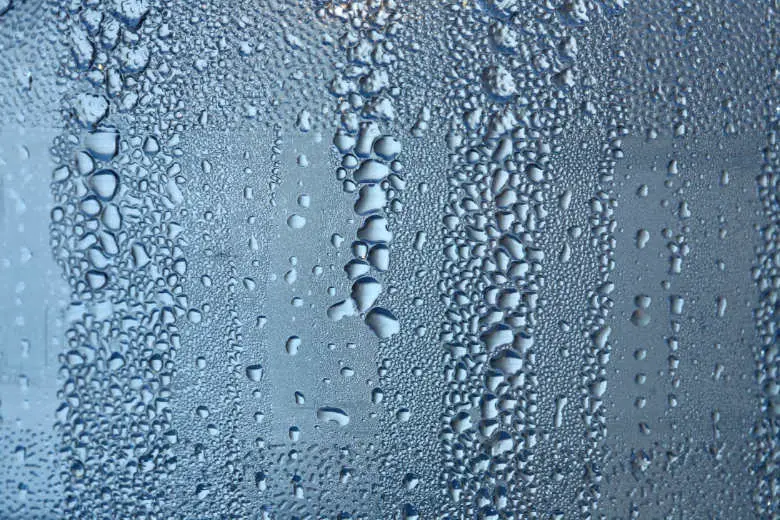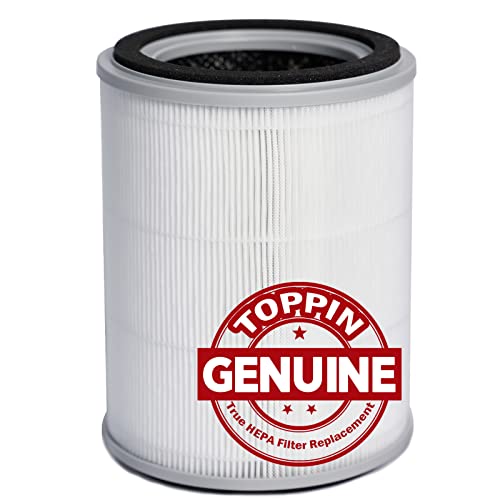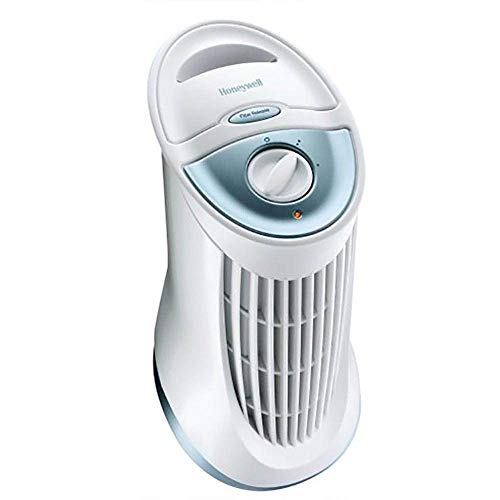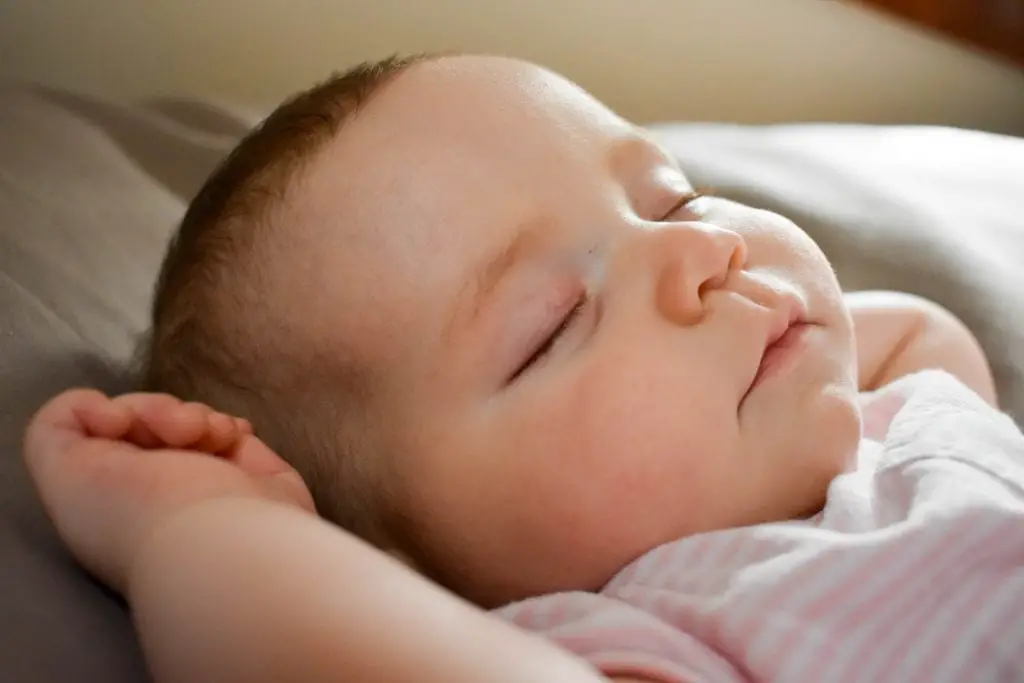Thinking of setting up an air system in your home for your little one? Which one do you pick between air purifier vs humidifier vs dehumidifier for your baby? Are these air systems the same or not? In fact are they at all necessary? I’m here to shed some clarity on the matter.
Confusion around Purifier or Humidifier or Dehumidifier
Much like regular baby products like strollers and feeding chairs, it’s easy to get the three air systems mixed up if you don’t have a clear understanding of how they work or what they do. To some parents the terms are interchangeable. Most parents wonder if they in fact offer any real value to their child.
I completely understand the confusion and skepticism. For the longest time, I was in the same boat. So I took it upon myself to carry out a thorough research session on the air systems to provide you with the answers you need. And I’m more than happy to share my findings and experiences with you. That’s why I’ve taken the liberty to explain their differences and similarities, benefits, and where each unit best excels. Ultimately, I want you to pick the right air system for your baby’s needs – if any.
Purifier vs Humidifier vs Dehumidifier – Similarities and Differences
We’ve gathered that all three are air systems. That much is a given. Now I’ll go on to explain their differences AND similarities based on the following factors.
Purpose
The key difference between an air purifier, humidifier, and dehumidifier lies in their purpose.
I’ll start with the air purifier. The name of this system says it all. An air purifier is designed to purify and improve the quality of the air you breathe in your home. In other words, the unit works by ridding the air of allergens and dust that may adversely affect your baby. The same system also serves to minimize mold formation. Finally, an air purifier is very effective at odor control.
A humidifier, on the other hand, does not impact the air quality at all. The system will NOT reduce the number of allergens or pollutants in the air. Rather, the unit is designed solely to control the level of humidity in the room. It works by adding moisture to a room with the purpose of preventing dry air in a particular room and creating optimal breathing conditions. Infants are susceptible to congestion. And a dry atmosphere is known to trigger irritations in different parts of your body such as the nose, mouth, and throat. That’s why babies tend to fall ill in the colder months when the air is usually dry. A humidifier creates better breathing conditions so your little one sleeps more comfortably. Much like a humidifier, a dehumidifier also controls the humidity in a room. But that’s as far as the similarities go.
A dehumidifier is the opposite of a humidifier. While a humidifier adds moisture to a room, a dehumidifier works by removing excess moisture in a room. Why is this necessary? Excess moisture in a room encourages damp walls and mold formation. Such an environment can cause your little one to develop a respiratory illness like croup or pneumonia. Also, by drawing out excess moisture in a room, allergy triggers such as pollen, dust mites, and animal dander are kept to a minimum. Allergens need a humidity of 65% to thrive. Dehumidifiers ensure that the humidity in a room doesn’t reach that level. If you’ve noticed, a dehumidifier and air purifier both prevent mold formations and relieve symptoms caused by allergic reactions. The only difference is that a dehumidifier targets mold allergies while an air purifier targets a broader range of allergens.

Size
Humidifiers come in different sizes. The smallest humidifier can humidify a 25 sq ft room while large consoles can humidify an area that’s up to 1000 ft or even more. Large models like the Vornado Humidifier can humidify a room that’s up to 700sq ft. Dehumidifiers also come in different sizes. But with these units, your best bet is to steer clear of the smaller models as they won’t be able to draw out the moisture in a room effectively. A large unit with a larger capacity like this Imofia Dehumidifier is more effective. You don’t have to worry about the unit drawing too much moisture from the air. It automatically shuts off when the desired humidity is reached. Air purifiers also come in different sizes but they’re characterized by a slim profile. Dehumidifiers and humidifiers come in a box-like shape designed to house the reservoir.
Filtration

The filters on air systems are designed to trap allergens in the air. All air purifiers have filters. What differs is the type of filtration used on the model you buy. For example, some models use furnace filters while others such as the Levoit Air Purifier use the high-efficiency particulate absorption (HEPA) filtration system. Furnace filters are only 10% efficient at removing pollens and particles from the air while HEPA has an impressive 99% efficiency rating. Just bear in mind that for a filtration system to be efficient, the air purifier needs to run for 24 hours. Also, all dehumidifiers have permanent filters so it’s practically impossible to run one without a filter. Just make sure you regularly clean the filters so they don’t get clogged up. Not all humidifiers have filters. Only the cold evaporation, warm evaporation, and hot steam models have filters while the ultrasonic models don’t. The latter is designed to create mist via sound vibrations without any filters. As such, it’s easier to maintain.
Noise Levels
A humidifier’s noise levels will depend on the model in question. Ultrasonic models like the Pure Enrichment MistAire aren’t very loud and therefore ideal for your baby’s room. The sound is measured in decibels (dB). Usually the higher the dB rating on the unit, the louder the sound is. Dehumidifiers are generally loud because of the compressor and motor fan which can be quite noisy especially when operating at high speeds. The sound is even made worse if the mentioned components are worn out. That’s why regular maintenance of the unit is important. Generally, air purifiers aren’t the noisiest of the bunch but the noise levels will also depend on the model. The sound is generally considered to be ambient sound. Take for instance the Honeywell QuietClean Air Purifier which is known to be very quiet and effective. But you WILL find some models with small motors that can be very noisy. Just pay attention to the dB-rating.

Maintenance
Generally, all units require regular cleaning but humidifiers and dehumidifiers are very high maintenance. You need to clean a dehumidifier’s water basin and permanent filter regularly with bleach. Humidifiers need to be drained, dried, and rinsed on a daily basis to prevent bacteria accumulation. Failure to do so and you may wind up releasing contaminated water into the atmosphere. Air purifiers are low maintenance unless you’re using one with washable filters. In the case of the latter, the filtration system on an air purifier needs to be maintained well by strictly adhering to the manufacturer’s instructions. Filters like the HEPA need to be replaced every 6 to 12 months.
Cost
The cost of each unit will depend on the model you buy. But based on my research, air purifiers are the most expensive of the lot. This is mainly because of the recurring costs associated with things like filter replacement. That’s something you don’t have to worry about with a humidifier or a dehumidifier.
Does a Humidifier or Dehumidifier or a Purifier Offer Most Benefits for Your Baby?
So which of the three systems is most beneficial to your child? An air purifier is said to offer the most benefits since it’ll allow your baby to breathe in pure air. Because it’s designed to remove allergens or pollutants from the air, it’s ideal for babies that either have asthma or allergies. It’s also considered most beneficial if you have pets or smokers in the home. Best of all, it clears up any diaper odors lingering in the air to leave your home smelling clean and fresh so you might not need disposable diaper bag to keep the odor at bay. Just remember that the unit you pick depends on your child and if he has any underlying health conditions.
Picking the Right Air System for Your Needs
The unit you pick will depend on your baby among other factors. Consider the following aspects before making your pick:
- Purpose: What do you want to use the unit for? Is it to add moisture to a room, remove excess moisture from a room or purify the air? Go with a humidifier if the air seems particularly heavy, damp, and is accompanied by a musky smell. Leaving your baby to inhale such air can result in a stuffy nose, sneezing, wheezing, or even itchy eyes.
- Baby’s health: Does your child have any underlying health conditions? Do they suffer from allergies, stuffy nose, or dry skin? Is your child extremely sensitive to molds? Parents whose children are allergy-prone generally find a dehumidifier very helpful in the early days and still switch it on when necessary.
- Time of year: Is it winter or summer? Air is usually dry in winter and humidity levels are usually high in summer. You want to pick the right unit which won’t exacerbate the situation and make your baby worse.
- Size of the room: Do you want to place the unit in a small or medium-sized room?If you need a large purifier, opt for a model like the Molekule Air Purifier which is designed to purify rooms that are 600sq ft. With regards to humidifiers, a unit with a large tank will also reach a large area in the room. Just remember that buying a large humidifier for a small room will do more harm than good. Such a unit will increase the moisture in a room resulting in mold formation which will in turn trigger allergies.
- Noise: You need to consider the unit’s sound levels as it determines placement. If it’s for the bedroom, avoid noisy models that’ll disturb your sleep. The Elechomes Humidifier is perfect for the bedroom because it features a near-silent sleep mode for night time.
- Ease of use: Is the unit easy to use and move around? Are the filters easy to replace? Are the controls easy to operate? Always prioritize convenience.
- Ease of maintenance: Is the unit easy to clean and maintain? Will the tank require regular fill-ups? Units with small tanks will require regular fill-ups so keep this in mind when searching for your ideal model.

FAQ
Should a humidifier run at night?
Yes, generally humidifiers are designed to operate both night and day.
How many hours must I run a humidifier?
12 hours is the recommended time frame. However, this depends on how damp the room is. If the room is extra damp then you may need to run it for longer.
Do air purifiers really work?
Yes, air purifiers are effective at improving the air quality in your baby’s room by removing harmful particles present. However, air purifiers are more effective if you use them in combination with proper filtration and proper home cleaning techniques.
Conclusion
So do these air systems work? To answer your question, yes. All systems are very effective at what they do.
You simply need to pick the unit that offers the most benefits depending on your baby and individual circumstances. Though an air purifier is considered to be the best as it improves air quality, it won’t help your baby much if they are extremely congested.
A humidifier is better in this case since it adds moisture to a room and creates optimal breathing conditions. As a result, it’s perfect for babies who suffer from sinus congestion, dry skin, dry eyes, nose bleeding because it alleviates such symptoms. It follows that a humidifier will be of no value if your little one doesn’t suffer from any congestion but an air purifier is.
If you can get a unit that offers both functions like the Venta LW25 then you’d have hit the jackpot.
On the other hand, if the air in your home is stuffy making it hard to breathe, you’re better off picking a dehumidifier such as the Imofia Dehumidifier. The key lies in picking the correct unit for your situation to avoid negatively affecting your baby or making their health worse.
Now that you have all the facts, which air system are you picking?
Last update on 2026-03-02 / Affiliate links / Images from Amazon Product Advertising API
